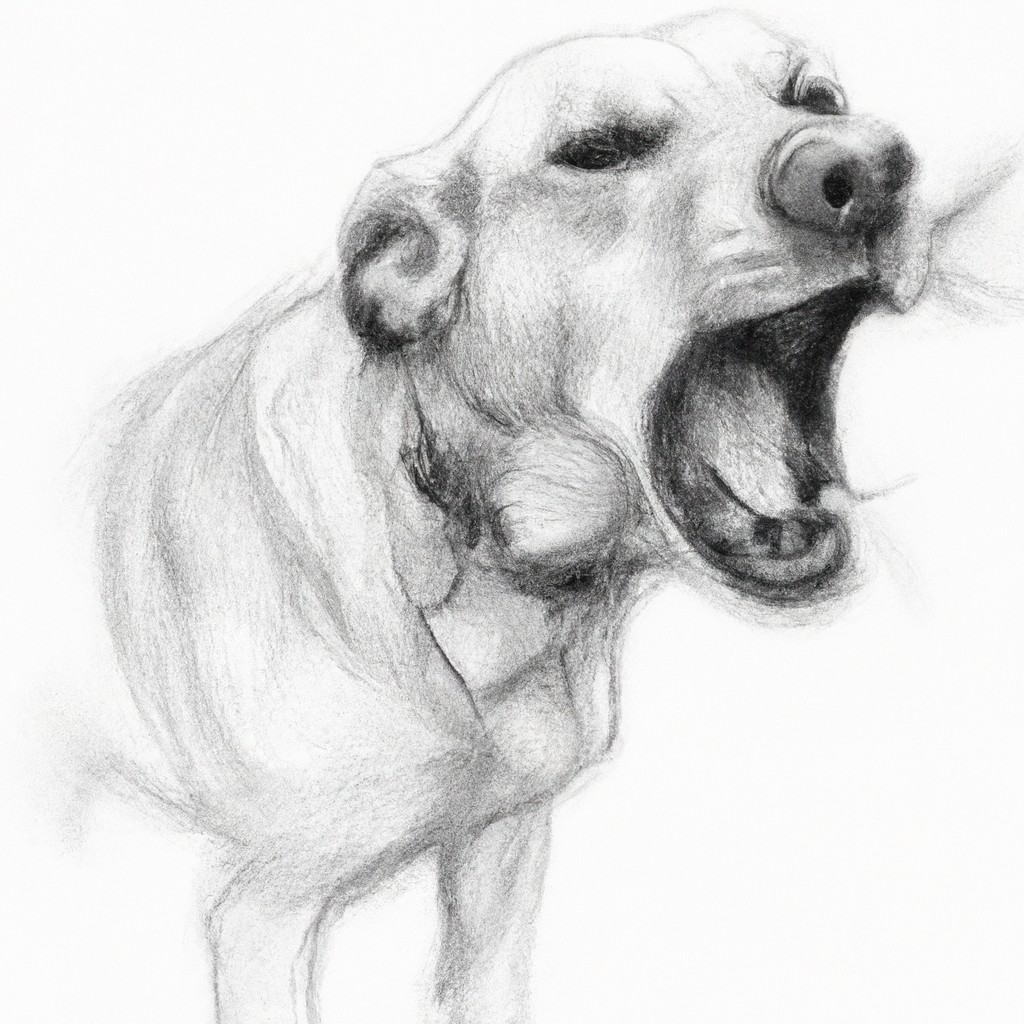Dear VetBabble: What Could Be Wrong with My Dog Who’s Panting Hard and Shaking?
Thank you for submitting your question regarding your five-year-old lab mix, Milo. He sounds uncomfortable based on your description. It’s essential to understand the possible reasons for his behavior and how to address them to ensure Milo’s well-being. In this article, we will discuss the potential causes of panting and shaking in dogs, how to determine whether your dog’s issue is severe, and what actions you can take to help your pup.
Potential Causes for Panting and Shaking in Dogs
Several factors can cause panting and shaking in dogs. Some common reasons include:
- Pain: If a dog is in pain, they may pant and shake as a response. This could be due to an injury, such as a sprain or fracture, or an underlying health issue. If you suspect that your dog is in pain, it’s crucial to have them examined by a veterinarian. A helpful resource on identifying signs of pain in dogs is “Why Is My Dog Limping? When to Worry and What to Do“.
- Anxiety: Dogs can experience anxiety, just like humans. If your dog has recently experienced a change in their environment or routine, they may exhibit signs of anxiety such as panting and shaking. Learn more about “Dealing with Anxiety in Dogs” to help your furry friend.
- Lethargy: If your dog is unusually tired or lethargic, they may be more prone to panting and shaking. This can be caused by various factors such as illness, emotional stress, or insufficient sleep. To determine whether your dog is tired or lethargic, consult the article, “Is My Puppy Tired or Lethargic?“.
- Seizures: In some cases, panting and shaking can be symptoms of seizures in dogs. Seizures can have various causes, including epilepsy, head trauma, or toxins. To learn more about seizures in dogs, check out “Seizures in Dogs“.
When to Seek Professional Help
If your dog’s panting and shaking persist or worsen, it’s essential to consult with your veterinarian. They can perform a thorough examination to identify the source of your dog’s discomfort and recommend an appropriate course of action. In the meantime, keep Milo quiet to allow his body to rest. Avoid giving any over-the-counter pain medications, as these can be toxic to dogs.
What You Can Do to Help Your Dog
While waiting for your veterinary appointment, there are a few things you can do to help your dog feel more comfortable:
- Provide a Calm Environment: Minimizing noise, bright lights, and commotion can help reduce anxiety in dogs. Make sure your dog has a comfortable and quiet place to rest.
- Encourage Rest: Ensure your dog has ample opportunity to relax and sleep. This is essential for their recovery, regardless of the underlying cause of their panting and shaking.
- Monitor Your Dog’s Behavior: Keep a close eye on your dog’s behavior, noting any changes in their symptoms. Sharing this information with your veterinarian can help them make a more accurate diagnosis and recommend appropriate treatments.
- Offer Comfort: Sometimes, your presence and touch can help soothe your dog and make them feel more secure. Make time to cuddle and support your dog while they’re experiencing discomfort.
In conclusion, there are various potential causes for your dog’s panting and shaking, and it’s crucial to consult with your veterinarian to determine the specific issue affecting Milo. By providing a calm environment, encouraging rest, and offering comfort, you can help your dog feel better while waiting for professional guidance. We hope this information helps, and we wish Milo a speedy recovery!
